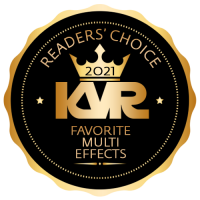Thats so basic youre better off spending a couple of weeks learning to play power chords, if you cant play guitar already.kanoharuayu wrote:
Here's a basic rythme from a real guitar player I find hard to get realistic with VST
https://soundcloud.com/kake-guri/guitartrak
then here's a few sample videos of guitar rhythms I'd like to do with a VST
It doesnt get much simpler than that example



